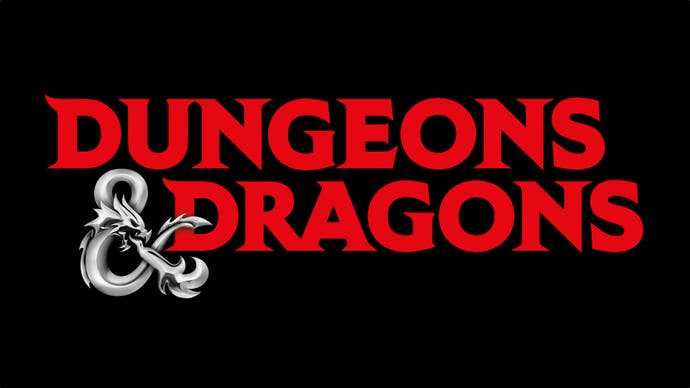Wizards of the Coast faces backlash over planned changes to how it monetises third-party content
UPDATE: Company responds in lengthy statement.
UPDATE 5.27pm: Wizards of the Coast has released a lengthy statement addressing the backlash over leaked revisions to its Dungeons and Dragons Open Gaming License (OGL).
In its reponse, the company says it had three goals when writing its updated OGL: to "prevent the use of D&D content from being included in hateful and discriminatory products"; to clarify the OGL only applied to tabletop roleplaying content rather than the likes of "web3, blockchain games, and NFTs"; to "ensure that the OGL is for the content creator, the homebrewer, the aspiring designer, our players, and the community — not major corporations to use for their own commercial and promotional purpose."
However, Wizards of the Coast admits, "It's clear from the reaction that we rolled a 1 [and] that it is no longer possible to fully achieve all three goals while still staying true to our principles."
As such, it will now amend the revised OGL (known as 1.1) to specify it covers only content for TTRPGs. "That means that other expressions," it continues, "such as educational and charitable campaigns, livestreams, cosplay, VTT-uses, etc., will remain unaffected by any OGL update."
Additionally, the revised OGL will no longer contain any royalty structure or the license back provision "that some people were afraid was a means for us to steal work".
"Under any new OGL, you will own the content you create. We won't," it says. "Any language we put down will be crystal clear and unequivocal on that point. The license back language was intended to protect us and our partners from creators who incorrectly allege that we steal their work simply because of coincidental similarities. As we continue to invest in the game that we love and move forward with partnerships in film, television, and digital games, that risk is simply too great to ignore. The new OGL will contain provisions to address that risk, but we will do it without a license back and without suggesting we have rights to the content you create."
Finally, all content already released under OGL 1.0a will remain unaffected.
As a result of all these changes, Wizards of the Coast says it will no longer release the new OGL today as originally planned, because "we need to make sure we get it right".
"You're going to hear people say that they won, and we lost because making your voices heard forced us to change our plans," the company continues. "Those people will only be half right. They won — and so did we. Our plan was always to solicit the input of our community before any update to the OGL; the drafts you've seen were attempting to do just that."
ORIGINAL STORY 11.11am: Dungeons and Dragons owner Wizards of the Coast has reportedly scrubbed the announcement of its new Open Gaming License (OGL), a document which lays out how fans and third-party publishers can make and monetise their own D&D content, following a huge backlash from the game's community.
Last night, upset at expected changes in the updated OGL resulted in a widely-shared push by D&D fans and streamers to ditch the game's online subscription, D&D Beyond.
Gizmodo, which initially published details of the updated OGL last week, subsequently reported that this latest backlash has prompted Wizards of the Coast to cancel its plans to formally announce the changes for the time being, leaving the company's upper management in a "scramble to adjust their messaging around the situation".
In short, the current OGL grants non-Wizards of the Coast publishers relative free reign over the use and sale of content which utilised D&D's existing elements, such as classes and enemies, combat and spells.
The updated OGL will render the previous version as "unauthorised", and introduce rules which require anyone making any money through the use of D&D elements to report earnings to Wizards of the Coast.
The changes will mainly affect larger companies making significant sums of money from their own D&D-adjacent products, such as Paizo and Kobold Press.
"OGL wasn't intended to fund major competitors and it wasn't intended to allow people to make D&D apps, videos, or anything other than printed (or printable) materials for use while gaming," the leaked draft version of the new OGL states. "We are updating the OGL in part to make that very clear."
While free use of D&D content is broadly fine, albeit subject to finnicky rules around distinguishing original and Wizards-owned content, paid use must be registered with Wizards for review, and subject to a tiered system that leaves those earning over $750k per year sharing a portion of revenues with Wizards.
Other changes in the OGL include rulings on the use of D&D content for new technologies such as blockchain and NFTs, and an explicit ban for anything deemed to be "bigoted or otherwise discriminatory".
It's unclear when the updated OGL will now be made public, or if changes to its text will be made.
Earlier this month, Wizards reportedly cancelled at least five unannounced video games, in an apparent scaling back of the company's ambitions in the video game space


